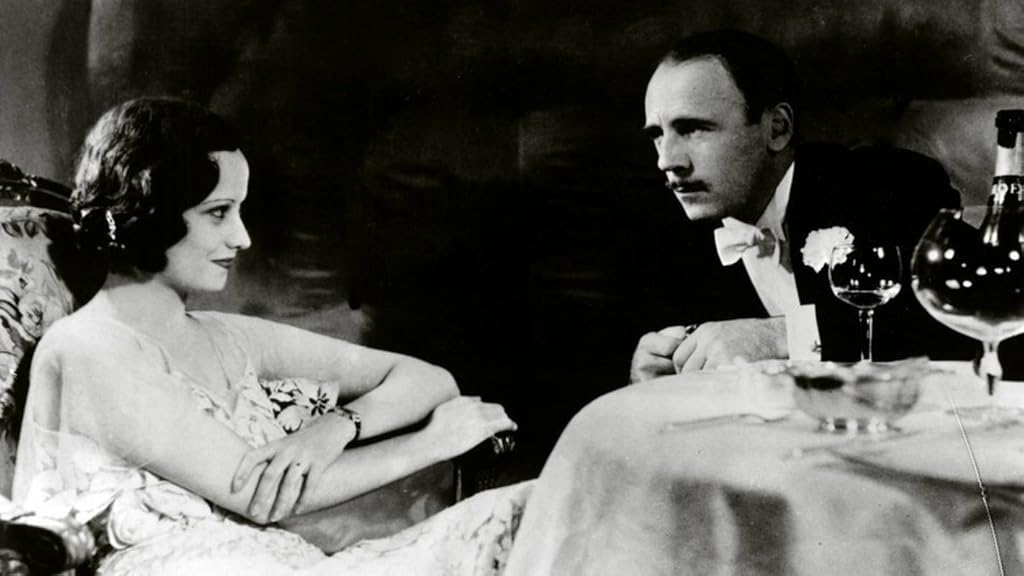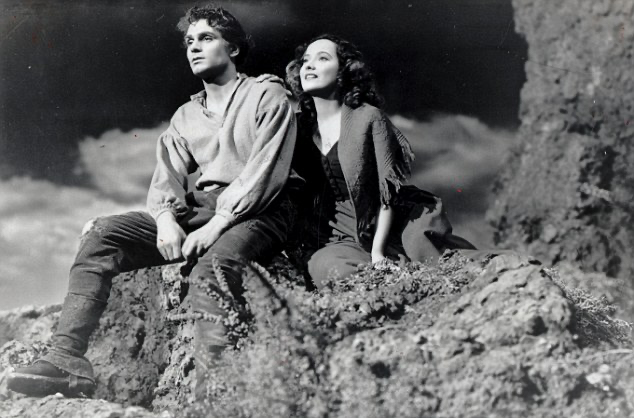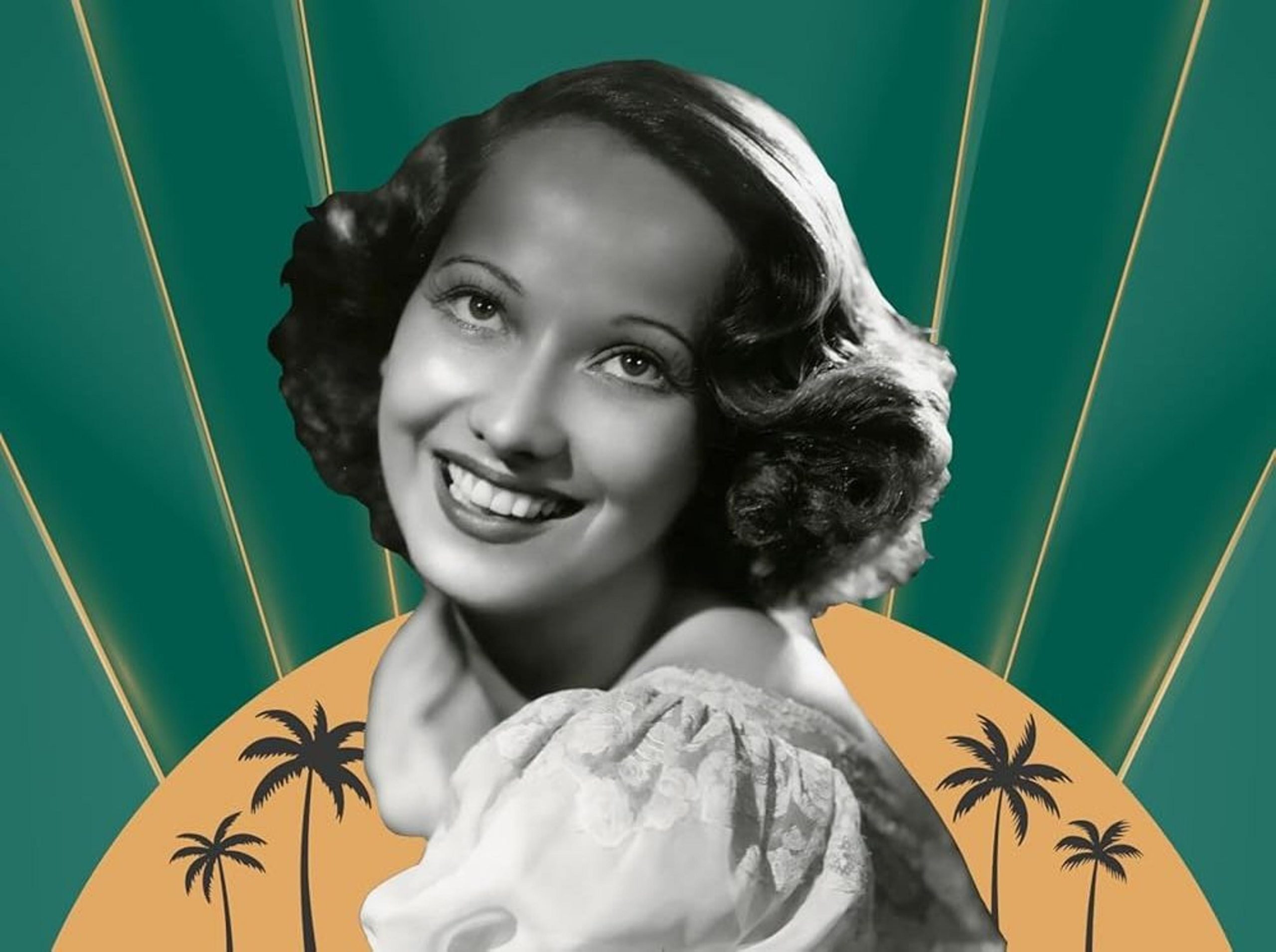A Poetic Love Letter to Love, Queenie: A Portrait of Merle Oberon’s Radiance and Resistance
Love, Queenie: Merle Oberon, Hollywood’s First South Asian Star by Mayukh Sen is not merely a biography — it is a tapestry of longing, identity, and incandescent beauty woven with threads of history, heartbreak, and hidden truths. In its pages, Merle Oberon — the luminous starlet with the velvet voice and porcelain allure — emerges not only as an actress, but as a myth, a mystery, and, ultimately, a woman who survived the price of her own legend.
The book reads like a whispered confession between old friends, or a letter penned under moonlight, addressed not just to Queenie (as she was once known), but to anyone who has ever hidden parts of themselves to survive a world unwilling to accept their wholeness. The prose is rich yet restrained, never overstepping its subject’s dignity, but rather dancing gently around the fragile corners of her life with reverence and empathy.
In Merle’s eyes, so often cast in shadows by her carefully controlled persona, we glimpse the tension of duality: glamour and grief, stardom and silence. The narrative does not shy away from her self-fashioning, the erasure of her Anglo-Indian identity, or the colonial weight of passing. Instead, it holds her contradictions close, like a pressed flower between pages, delicate and preserved.
There is something lyrical in the way Love, Queenie speaks of Oberon’s longing; not just for fame, but for belonging. Her silken performances on screen are mirrored by the invisible performances off it, as she danced with erasure and reinvention in a world that gave her adoration but not always acceptance. Yet, through the pages, she glows.
The author, whom I’m very lucky to call my cherished friend, writes not only with scholarly elegance, but with a voice so personal and poetic, it breathes life into Merle’s long-guarded shadows. This is a book made of glances and ghosts, of truth hidden beneath powder and pearls. It is for the woman known to the world as Merle, and to herself as Queenie: forever balancing on the tightrope of invention and erasure.
What moves me most, beyond the lyrical prose, beyond the impeccable research, is the empathy that radiates from every line. Sen does not seek to expose Oberon, but to illuminate her, to cradle her contradictions with the kind of care only a kindred spirit could give. Her storytelling is not distanced; it is entwined, offering Queenie not only biography, but a kind of absolution.
Love, Queenie is a work of great literary beauty, but it is also an act of love. A quiet resurrection. A homecoming. And to see it in the world, born from the heart and pen of someone I deeply treasure, is a joy beyond words. To Merle, to Queenie, and to my dear friend Mayukh who brought her back to life: thank you. Your thoughtfulness, care, and integrity inspire me more than I can say. Thank you for the way you show up, for the stories you tell, and for the rare honesty you bring to every space you’re in.
Love, Queenie is a valentine to the resilience of women who rewrite their stories, who cloak their pain in starlight, and who live, despite it all, with grace that flickers, burns, and remains. To read it is to fall a little bit in love, not just with Merle Oberon, but with the ache of what it means to be seen and unseen all at once.
PURCHASE: AMAZON, W.W. NORTON BOOKS, BOOKSHOP
With the deepest love,
Amanda


